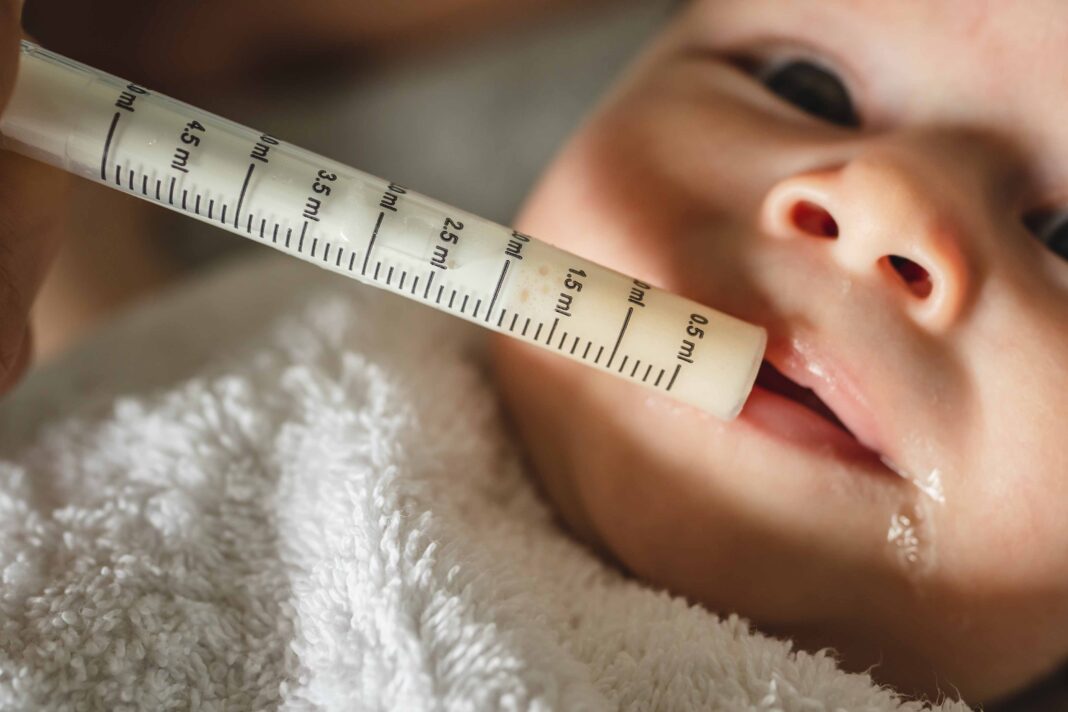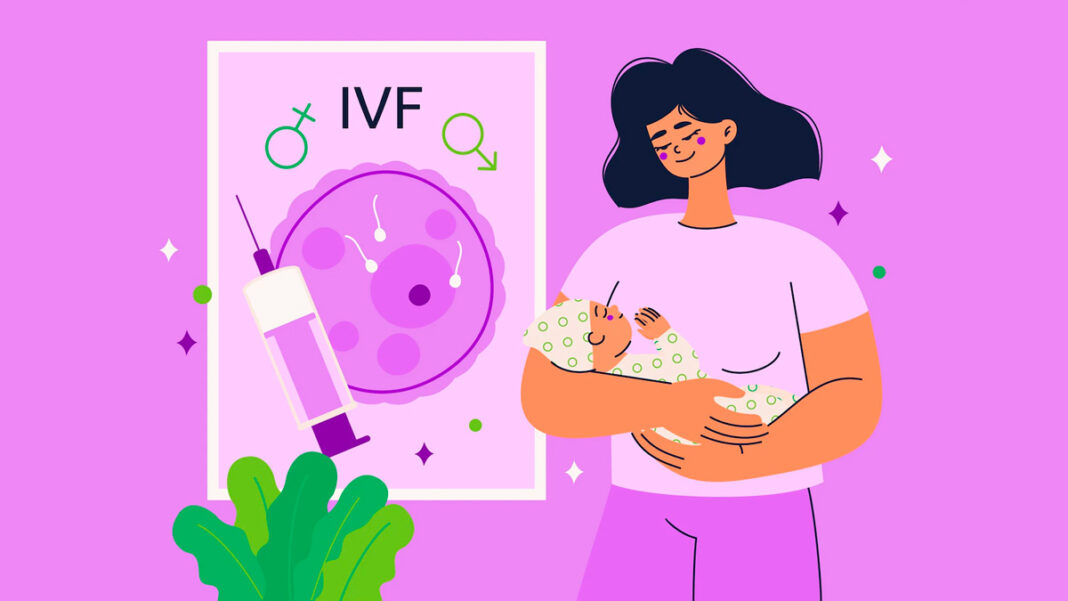A large-scale study involving over 20,000 children in Iceland has found that early exposure to antibiotics significantly increases the risk of infections, asthma, and later antibiotic use during childhood. The research, recently published in The Pediatric Infectious Disease Journal, underscores growing concerns about antibiotic overuse in early life.
Key Findings
Researchers from the University of Iceland analyzed health data for 22,393 children born between 2010 and 2019, following them for up to 12 years. The children were divided into four groups based on their early exposure to antibiotics:

-
Group 1 (1,496 children): Infants born via elective cesarean section whose mothers received pre- or intra-operative antibiotics.
-
Group 2 (3,413 children): Vaginal births where mothers received antibiotics during labor.
-
Group 3 (356 children): Vaginal births where infants received antibiotics during the first week of life for over 48 hours.
-
Group 4 (17,128 children): Control group with no antibiotic exposure during labor or the first six months of life.
Infants born prematurely or via emergency cesarean section, and those whose mothers received systemic antibiotics during pregnancy, were excluded from the study.
Increased Risk of Infections and Antibiotic Use
Compared to the control group, all three antibiotic-exposure groups had a significantly higher risk of:
-
Respiratory infections
-
Group 1: IRR 1.13 (95% CI: 1.07–1.20)
-
Group 2: IRR 1.08 (95% CI: 1.04–1.12)
-
Group 3: IRR 1.20 (95% CI: 1.09–1.33)
-
-
Gastrointestinal infections
-
Group 1: IRR 1.22 (95% CI: 1.08–1.36)
-
Group 2: IRR 1.09 (95% CI: 1.00–1.18)
-
Group 3: IRR 1.28 (95% CI: 1.04–1.57)
-
-
Urinary tract infections (UTIs)
-
Group 1: IRR 1.52 (95% CI: 1.18–1.94)
-
Group 2: IRR 1.32 (95% CI: 1.10–1.56)
-
Group 3: IRR 2.04 (95% CI: 1.33–2.97)
-
-
Filled antibiotic prescriptions
-
Group 1: IRR 1.20 (95% CI: 1.14–1.27)
-
Group 2: IRR 1.19 (95% CI: 1.15–1.23)
-
Group 3: IRR 1.25 (95% CI: 1.14–1.37)
-
Notably, the incidence of acute otitis media, skin infections, and central nervous system infections was similar across all groups.
Higher Risk of Asthma and Ear Surgeries
Children exposed to antibiotics early in life also had a significantly higher risk of being diagnosed with asthma, particularly after age 8:

-
Group 1: HR 1.32 (95% CI: 1.07–1.61)
-
Group 2: HR 1.27 (95% CI: 1.10–1.45)
-
Group 3: HR 1.91 (95% CI: 1.40–2.59)
Additionally, tympanostomy tube (ear tube) placement surgeries were more frequent in Group 1 (HR 1.28; 95% CI: 1.11–1.48) and Group 3 (HR 1.33; 95% CI: 1.03–1.71).
Possible Mechanisms: Disrupted Microbiome and Immune Development
Although the study did not establish a direct causal link, researchers suggest that early antibiotic use may disrupt the infant’s developing microbiome, weakening immune system development. Animal studies support this hypothesis, showing that mice exposed to antibiotics early in life have impaired immune responses.
Other factors such as genetics, breastfeeding, socioeconomic status, and family health history may also influence the outcomes and warrant further investigation.
Call for Judicious Antibiotic Use in Infants
The authors emphasize that while antibiotics are vital for treating serious infections, their overuse—especially in early infancy—may have long-term health consequences.
“Antibiotics are among the most widely used drugs in young children globally. While essential in many cases, our findings support the need for cautious and evidence-based use, particularly during early life,” the authors concluded.
They call for more clinical studies to explore the long-term effects of early antibiotic exposure and advocate for public health strategies to minimize unnecessary antibiotic use in infants and young children.




